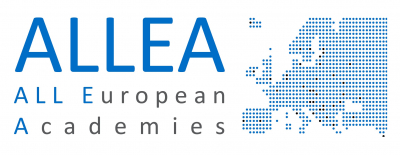


In July 2016, ALLEA, via its Permanent Working Group on Intellectual Property Rights, issued a statement on Patent-Related Aspects of CRISPR-Cas Technology, which investigates the current state of European patent law legislation in regards to CRISPR-Cas technology and comes to the conclusion that the current legislative framework is sufficient for the foreseeable future.
This ALLEA statement is at the cutting edge of genome research legislation, ensuring that this promising technology is not only ground-breaking in life sciences but also sound and free of patent and ethical issues on the legislative side.
After careful consideration of patent-related implications of CRISPR-Cas technology, the Permanent Working Group concludes that the existing “EU patent law provides the necessary incentives for further development and use across all fields of life sciences” and that there will be no patents granted which could “offend human dignity and/or integrity”. As such the Permanent Working Group states that the rules set out by the European Patent Court are flexible enough to cover research and development, and use of CRISPR-Cas technology “does not require any reforms in the patent law field”. Furthermore, existing legislation is considered to be encouraging and reflective of the respectful application of CRISPR-Cas research by the academic community.
The full statement is available HERE.